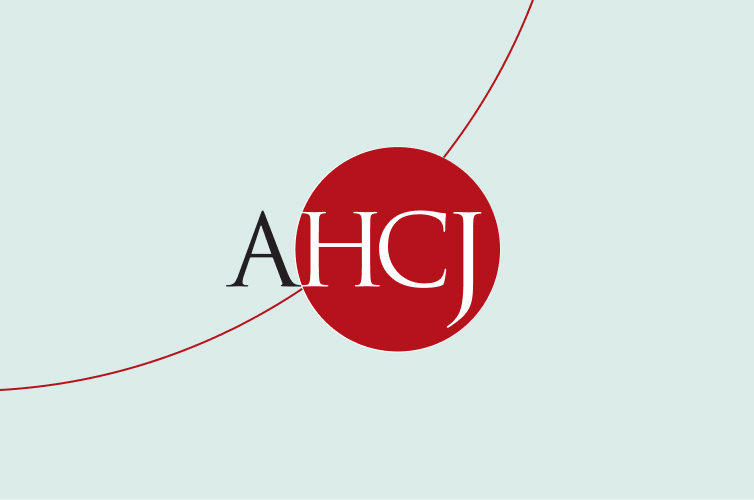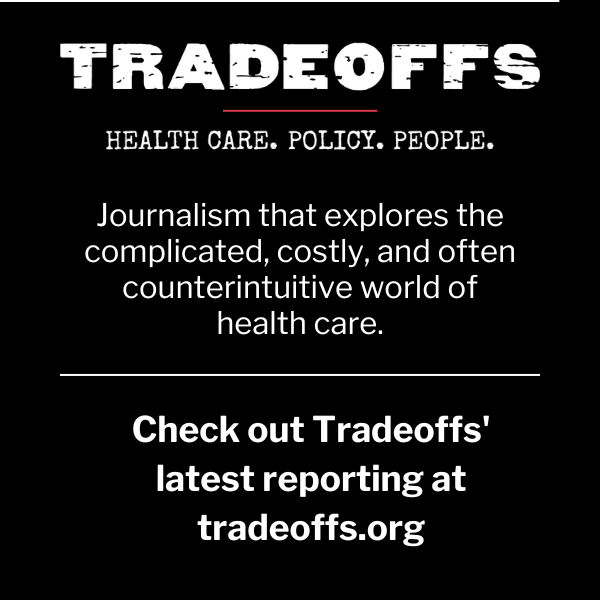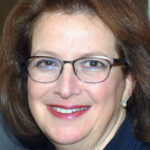By Michele Cohen Marill
The coronavirus pandemic has altered our world with whiplashing speed. It is reshaping health journalism for months, or perhaps years, to come.
My own awakening to this reality came from an overseas reporting trip, just as the global dynamic of COVID-19 was shifting.
On March 7, I flew to Germany as part of AHCJ’s International Health Study fellowship. I spent the week of March 8 traversing the German countryside, interviewing doctors, visiting health programs, dining out, and riding trains, as daily life went on as usual.
On March 11, President Trump announced restrictions on travel from Europe to the US. Life still seemed normal in Germany, but I cut my trip short and returned home to Atlanta on March 14.
When I arrived, I learned that everyone in the U.S. was basically “self-quarantining,” and that grocery store shelves had been wiped bare. The shift to emergency mode was as jarring and disorienting as the jet lag.
Two of my AHCJ colleagues who were also on the fellowship had a similar experience of leaving Europe abruptly.
The AHCJ International Health Study Fellowships, first offered in 2019, is supported by the Commonwealth Fund and was created to promote global health comparisons. I was reporting on a German integrated care program designed to prevent and manage chronic diseases, and three other health journalists had projects in the Netherlands, Portugal and the United Kingdom. We ended up learning about our interconnected world in ways we could not have anticipated.
We flew to Europe on Saturday, March 7, to begin our fellowship reporting. One went to Portugal, another to the United Kingdom. One in our group decided to postpone, as he was writing about long-term care in the Netherlands, focusing on a group particularly at risk from COVID-19. At that time, Italy was the only European country with a troubling number of cases. That week, all of my interviews planned in Germany went on as scheduled.
As late as Thursday, March 12, I visited a pulmonologist at Klinikum Werra-Meissner, a hospital in the central German town of Eschwege. A few patients there had tested negative, and the hospital (and region) had not had any positive cases of COVID-19. Still, I had a foreboding sense that something like a tidal wave might be looming, as the pulmonologist commented on preparations for ventilators and ICU beds.
My colleague, Elana Gordon was in Portugal. Gordon, a reporter and producer for The World, a program of PRX and WGBH, had also been able to accomplish a lot with her reporting that week. But in response to the new travel ban, her employer called all traveling correspondents home, and she caught a flight back to the US on March 12.
At that point, she says, Lisbon was still thick with tourists, although some of her interviews for a story on Portugal’s drug policies were in flux. She had one interview outside rather than in an official’s office. “By Wednesday, when I went to a community center in Lisbon, they were restricting access,” she says.
The United Kingdom was not initially included in the U.S. travel ban, so the decision to leave was a bit more complicated for April Dembosky, a health reporter for KQED-San Francisco who is working on a series about women with post-partum psychosis and was reporting on Britain’s legal and mental health approach. One 84-year-old source canceled her visit when it was clear that the coronavirus was particularly deadly for older people. Like me, she decided to leave the U.K. on Saturday, March 14. That same day, President Trump added the U.K. to the ban on foreign nationals entering the US.
On my train ride on March 13 from Eschwege to the city of Hamburg, I watched anxiously as a man sitting across the aisle sneezed and loudly blew his nose. A young man sat next to him, rigid and stoic and looking straight ahead. The older man sneezed loudly, and a child sitting in a row behind cheerily shouted, “Gesundheit!” No one seemed overly concerned about coronavirus. (Fever and a dry cough are common COVID-19 symptoms, so perhaps the man had a cold or allergies.)
Heathrow airport in London was packed when I finally got there the next day (after a flight from Hamburg), and someone handed me a National Health Service flyer with a link to an online symptom checker. A couple of women in the gate were suited up as if we were in an Ebola zone, but otherwise people seemed more concerned about getting stuck in Europe than catching coronavirus.
As we landed in Atlanta, passengers applauded. We sat in our seats while “agents” from the Centers for Disease Control and Prevention boarded and handed out questionnaires. They wanted to know what countries we had been in, whether we had fever or any other symptoms, and a record of our seat number and contact information. I thought it was curious that these “agents” were wearing surgical masks — although the CDC states that face masks should be worn by people with symptoms to prevent spread of disease, not by people who are well. After all, the flight attendants had been serving us for the past nine hours with no protection whatsoever.
At the end of the jetway, I handed the questionnaire to a CDC employee (who was wearing an N95 respirator, protection normally worn by health care workers caring for patients), who asked no further questions, and I walked to the border control line. The information packet on COVID-19 I received referred to travel from the People’s Republic of China. It had not been updated.
Two days earlier, Gordon walked off the plane in Boston with even less screening. She looked online for CDC recommendations and learned that she should self-quarantine for 14 days — a cautionary measure already requested by her employer. It was a moment frozen in time, before the U.S. and other nations fully absorbed the magnitude of the pandemic — and before the face-to-face interactions that are central to journalism abruptly came to a halt.
Within days, the pandemic dramatically altered global travel. My contacts told me all meetings and events in Germany had been shut down; if I had stayed, I would not have been able to continue to work. The momentous nature of the change was underscored by German Chancellor Angel Merkel’s pronouncement that the COVID-19 pandemic is Germany’s greatest challenge since World War II, surmounting even the reunification of East and West Germany.
In my reporting, I was struck by the similarities of the health challenges faced by high-income countries, such as an aging population and rise in chronic diseases. The pandemic reveals our shared vulnerability. We are truly interconnected and rely on each other to overcome the common threats to our health and our lives.
Michele Cohen Marill is a freelance writer with experience in magazine writing, news reporting, online media and writing custom book manscripts. She is a contributing editor for Atlanta magazine and has been published in Nature Medicine, WebMD, Proto, Good Housekeeping, Parents and other publications.







